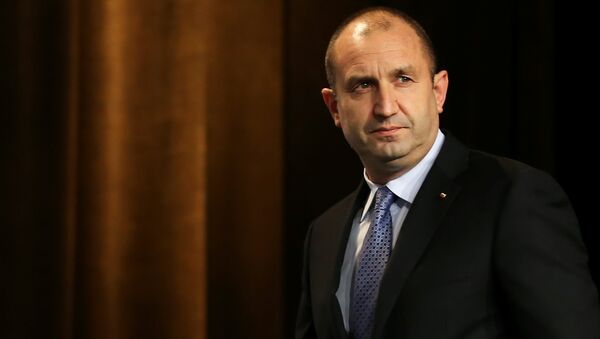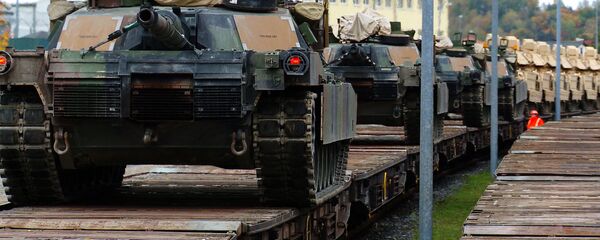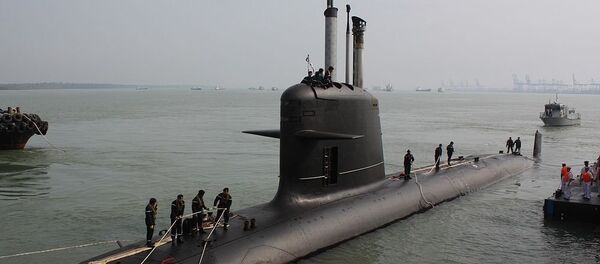"The increase of the defense and deterrence posture of NATO should be hand-in-hand… with deepening political dialogue with Russia in order to avoid confrontations and misunderstandings, and to lower risks," Radev said in Brussels.
Radev, speaking alongside NATO Secretary General Jens Stoltenberg, evoked US President Donald Trump's intent to partner with Russia to confront international terrorism.
"These are all threats that cannot be tackled unless NATO and Russia have common efforts on this, both in the Middle East and in the global fight against terrorism," he stressed.
The relations between NATO and Russia were established in 1991. In 2002, the cooperation was strengthened by establishment of the NATO-Russia Council (NRC), which became a platform for consultations on security issues and direct cooperation in various spheres. The relations between the alliance and Russia deteriorated in 2014 after the Crimea held a referendum and joined Russia. The West accused Russia of military aggression in Ukraine, which Moscow has repeatedly denied.
In December 2016, Russian envoy to NATO Alexander Grushko criticized NATO for lack of readiness to improve relations, adding that Russia was willing to cooperate and had repeatedly made proposals that could amend the existing agreements between Moscow and the alliance.
Since suspension of practical cooperation in 2014, the NATO-Russia Council has met four times.




